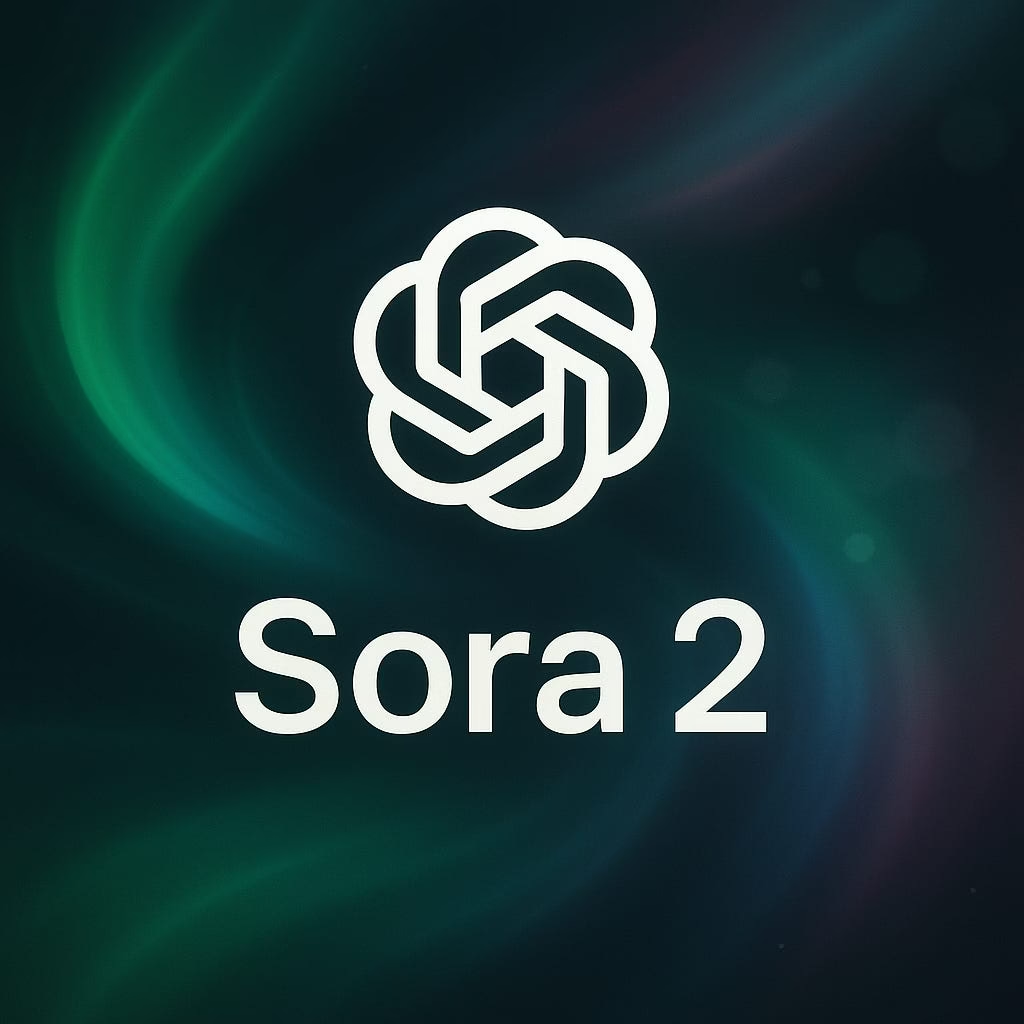Mark Cuban Opens His Digital Likeness on Sora 2
Billionaire entrepreneur and Shark Tank investor Mark Cuban just stepped into the world of AI influencers. He announced that fans can now create AI-generated videos featuring his likeness through OpenAI’s Sora 2 platform.
In a post that quickly went viral, Cuban shared an invitation code — MCUBAN — and encouraged users to experiment. Within hours, social media clips showing AI versions of Cuban flooded TikTok and X. The post gathered over 800 000 views, proving once again how quickly AI-driven content spreads.
This bold decision marks a major turning point for both celebrity branding and artificial intelligence in entertainment.
What Exactly Is Sora 2?
A New Era of AI Video Generation
Sora 2 is OpenAI’s latest tool for generating short, realistic videos using text prompts and pre-approved likenesses. Users can type a short description — such as “Mark Cuban giving business advice on Mars” — and the AI creates a full-motion video that looks strikingly real.
Unlike earlier AI systems, Sora 2 captures expressions, tone, and movement in a lifelike way. Therefore, it blurs the boundary between real and synthetic content more than ever before.
Why Cuban Joined the Platform
Cuban has long been known as a tech optimist. By opening his likeness to the public, he aims to explore how fans can engage with AI creativity responsibly. At the same time, he tests how digital identity can become an interactive experience instead of a static brand.
He told reporters that AI creativity “should empower people, not replace them.” His participation highlights how mainstream figures are shaping public trust in synthetic media.
The Business of AI Influence
New Monetization Models
Cuban’s move introduces new business possibilities for digital personalities. Fans might soon pay for AI cameos, personal greetings, or customized advice videos using licensed likenesses. Platforms could share revenue with the featured individual while maintaining content moderation.
As more creators join, AI personas may operate side-by-side with human influencers — co-hosting streams, endorsing products, or even performing in digital concerts.
The Risk Behind the Innovation
However, this innovation comes with real risks. Without strict regulation, users could misuse public figures’ likenesses to create false or harmful messages. Consent, copyright, and digital identity laws must evolve quickly to match the technology.
Cuban appears aware of these challenges. He supports the idea of verified “AI likeness licenses” that track who authorizes each digital appearance. This model could protect both creators and fans while encouraging responsible experimentation.
Impact on the AI Influencer Industry
Setting a New Standard
Cuban’s partnership with Sora 2 may inspire other celebrities to open their likenesses under clear terms. Musicians, athletes, and actors could soon offer controlled access to their digital doubles for marketing or fan engagement.
Moreover, brands may collaborate with AI versions of celebrities for faster content creation. As a result, influencer marketing could become more scalable and cost-efficient.
Public Response and Ethical Debate
Fans love the novelty, but experts urge caution. Digital ethicists warn that AI personas must remain transparent and labeled to prevent deception. Even with consent, audiences need to know when a video is synthetic.
The conversation around Cuban’s Sora 2 cameo shows how society is negotiating the line between fun and responsibility in the AI era.
Looking Ahead
Mark Cuban’s entry into Sora 2 reflects where AI and influencer culture are heading — toward interactive, on-demand, and participatory experiences. His experiment demonstrates how authenticity in the digital age may depend not on avoiding AI, but on using it transparently and creatively.
If more public figures follow his lead, the next generation of influencers might be both human and synthetic — merging technology, personality, and imagination in unprecedented ways.


